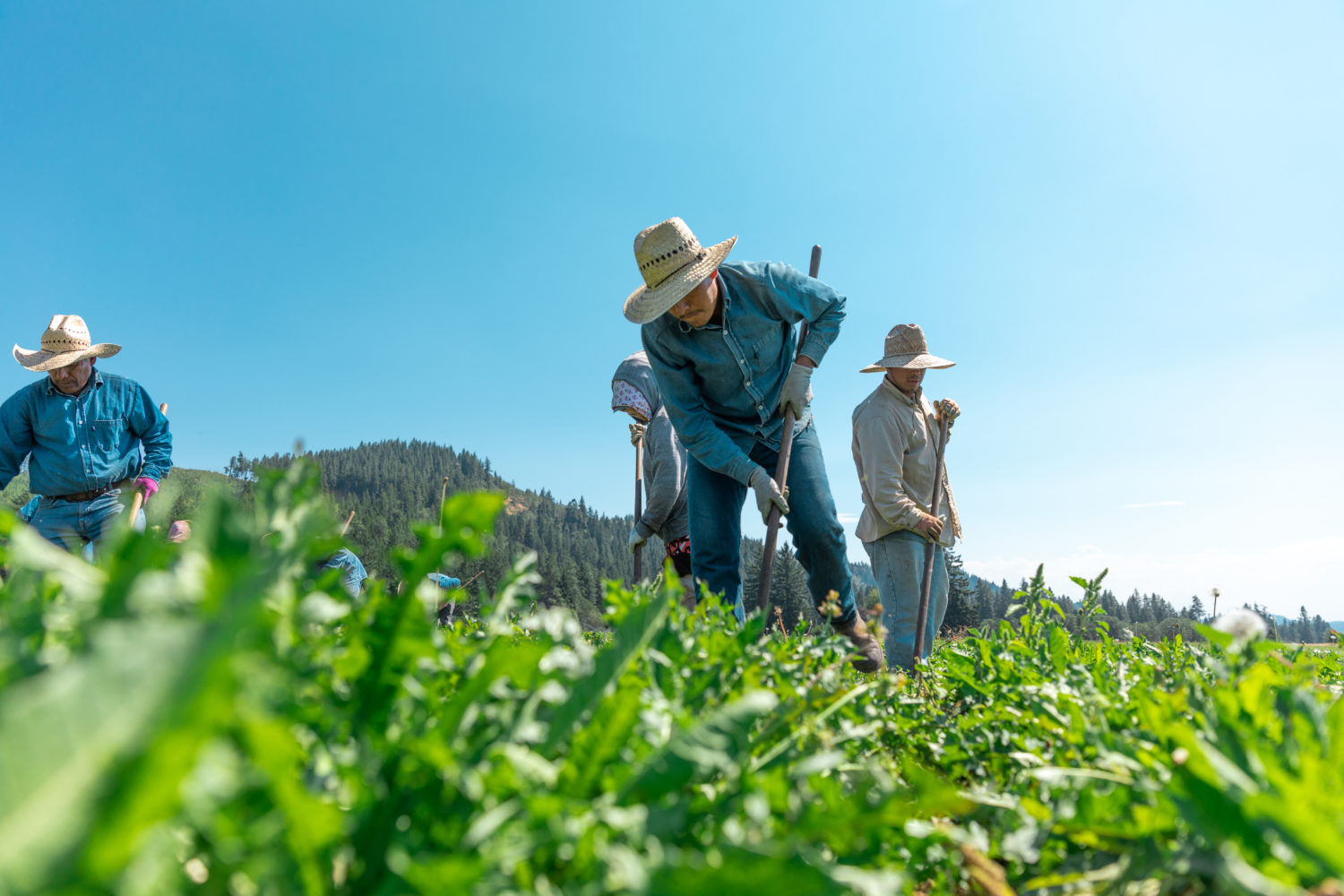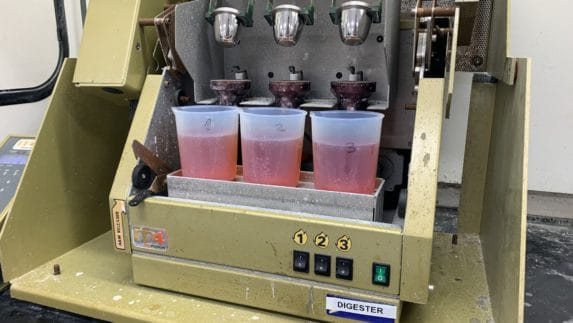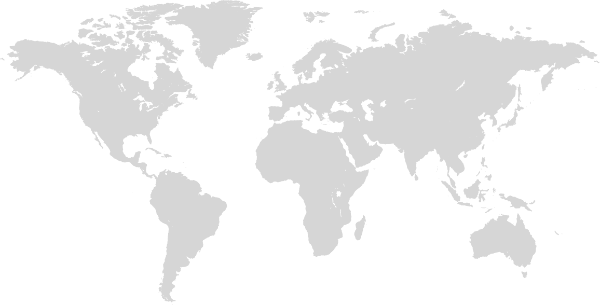When Nutrilite founder Carl Rehnborg bought his first farm more than 80 years ago—a 3.6-acre plot in California’s San Fernando Valley—he insisted on having the ability to control the growing process of his plants through final harvest to ensure healthy soils and nutrient-rich plants free of chemicals.
That farm is long gone, but the Nutrilite brand is still here and still prioritizing organic farming and traceability at its four certified organic farms: Nutrilite Rancho El Petacal in southwest Mexico, Fazenda Amway Nutrilite in central Brazil, and Nutrilite Trout Lake East and West Farms in the U.S. state of Washington.
In fact, Nutrilite is the only brand to grow, harvest and process plants on our own certified organic farms.
Location matters
The organic Nutrilite Trout Lake Farms in Washington are named after a nearby lake in the southwest part of the state, but the farms are actually in two distinct locations: Trout Lake West, near the lake, and Trout Lake East about 200 miles northeast in Ephrata.
People have been farming those areas of Washington for generations, drawn by the soil’s natural richness and the locations’ unique climates. That makes them ideal for growing a variety of botanicals for Nutrilite and Amway products. Trout Lake Farm was established in 1973 and it joined the Nutrilite family in 1998.
Trout Lake West
Trout Lake West sits on more than 400 acres at the base of Mt. Adams in foothills of the Cascade Mountains. Mt. Adams is a now-inactive volcano that gifted the area with nutrient-rich soil and a glacier that provides mineral-rich water to the White Salmon River, the irrigation source for the farm.
And because it comes directly from the glacier, it is free of previous exposure to any pesticides and chemicals.
“You get a lot of naturally occurring minerals in the water from the mountain,” said Danielle Kruse, farm manager at Trout Lake West. “Some days it can look like chocolate milk. That’s not from a rainstorm, it’s from the glacier melting.”
Thanks to volcanic eruptions of the past, the soil is a rich, ashy, rocky loam with a high percentage of organic matter that allows it to maintain water, feeding and nurturing the plants. That makes it ideal for farming, especially organic farming.
“We are in a small, remote valley that is entirely organic,” Danielle said. “With no conventional farming nearby, the surrounding mountains are able to naturally keep pollution and contaminants at bay.”
Trout Lake East
Trout Lake East sits on more than 800 acres in central Washington. The region was carved out by a prehistoric flood that left behind sandy, loamy soil rich in nutrients. The farm’s irrigation waters come from the Columbia River Basin.
Its location at the head of the Columbia River means they have “first-use” water for their crops, coming right from the river and unexposed to any potentially harmful chemicals or contaminants.
“Any run-off water we use is collected in ditches and goes into reservoirs to be used by farms downstream,” said Darwin Hintz, the Trout Lake East farm manager who grew up working on his family farm in the area. “If you’re downstream, it’s been through a lot of other farms. The irrigation we use is right out of the river.”
Beneficial climates
The two locations have very different climates, making them ideal for growing a variety of botanicals for Nutrilite products. Some botanicals thrive in both locations.
Trout Lake West runs about 10 degrees cooler than the east location, with extra cool nights thanks to chilled air coming down off the glacier into the valley. That makes it ideal for dandelion, echinacea and especially blueberries.
Trout Lake East has more of a semi-arid climate with a long hot growing season. Peppermint thrives here as well as echinacea, purple carrot and nettle root.
Innovation: A necessity of organic farming
Farming may be as old as the hills, but many of the methods used on the Nutrilite Trout Lake Farm have been honed over the years using the latest technological advancements and innovations, allowing the farm crews to be more effective.
The farm has a fleet of GPS-guided tractors using satellites to lead their path through the fields, cultivating the soil to remove weeds within one inch of the plant.
They have custom-designed flamers attached to tractors that burn off weeds within hours of the botanical crop sprouting from the soil. (And they found a way to do it using 80 percent less propane than originally!)
And they have combines, digging tools, dryers and washing systems that have all been either modified and upgraded or designed and built by the farm teams to meet their specific needs for harvesting, cleaning and processing in the safest, purest and most effective way possible.
“By maximizing the use of technology, we’re minimizing the environmental impact,” Darwin said. “Without it, we would not be competitive.”
Want to learn more about our farms? Visit nutrilitetraceability.com.
* Unless indicated on the product label, Nutrilite products and ingredients are not organic.




